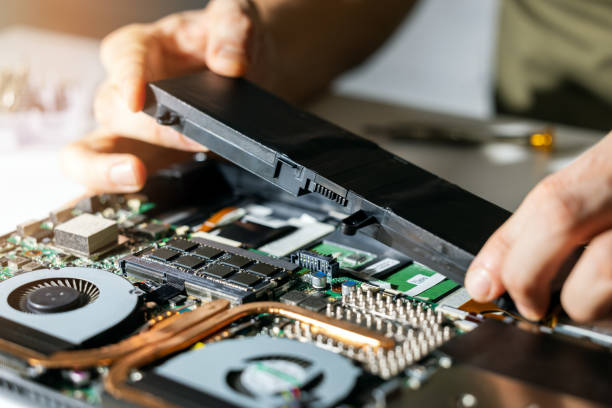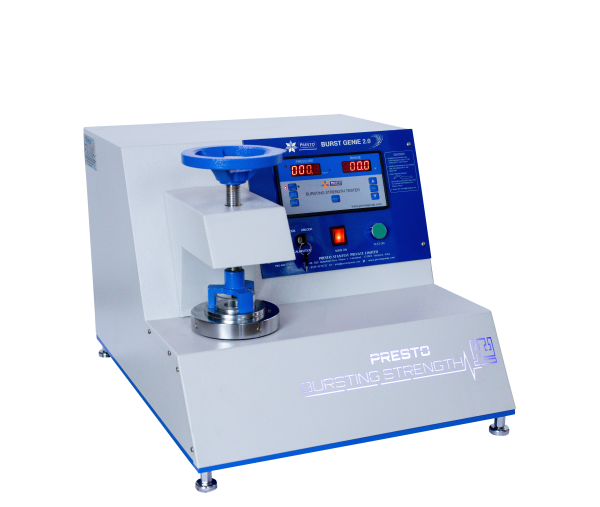Revolutionary in its approach, hyperautomation automates intricate decision-making by integrating RPA with advanced AI technologies such as ML, NLP, and others. Businesses can increase the value and impact of their operations by automating more of their processes with the help of these technologies when used together.
The distinguishing feature of hyperautomation is its superiority over traditional forms of automation. While automation allows chatbots or robots to carry out tasks in accordance with a predefined workflow, hyperautomation takes digital transformation to the next level. Because of its human-level decision-making intelligence, it represents a significant advancement in intelligent automation.
Hyperautomation and its significance in manufacturing
Another level of automation is hyperautomation in manufacturing. The addition of intelligence to processes further diminishes the need for human intervention in the boring, repetitive activities.
The way that now businesses can easily automate entire complex systems has moved automation to the next level and opened up new prospects for the creation of breakthrough solutions. Due to the deep influence of the digital transformation on manufacturing sector, industry leaders are trying to make operations easier while fulfilling the supply chain expectations.
Despite some disadvantages of a traditional automation system, it is able to still analyze data, serve customers, and process invoices according to the prescribed workflows. This is where hyperautomation excels in the production process.
Hyperautomation for the improvement of production processes
Smarter types of industries have arisen since smart cars and cell phones have been all the buzz. Industries around the globe are in the midst of a tremendous digital transformation as they embrace the Industry 4.0 era.
One crucial aspect in this transformation is automation, and it stands out hyper-automation. There is an advanced type of automation that would enable industrial companies to be more productive and efficient through combining RPA with AI or ML.
The applications of hyperautomation tools in manufacturing streamline not only operational support and back-end processes, but also key industrial tasks. There are quality control, predictive maintenance, purchasing, inventory management, and many other processes involved in this.
How Hyperautomation is becoming crucial in manufacturing?
- Robotic process automation (RPA)
A new era of manufacturing is on the way due to RPA in manufacturing. This technology robotizes data entry and quality control, and many other tasks, thus humans will be able to concentrate on more creative and strategic work.
- Combining IIoT with sensors
The concept of hyperautomation is related to the creation of a network of interconnected sensors and devices by connecting them to the Internet of Things (IoT). With this connectedness, factories are able to follow production in real-time, react quickly to deviations, and diminish downtime.
- Enhancing decision-making through the use of AI and ML
In order to conduct predictive analytics, machine learning algorithms are made to sift through massive amounts of data generated by factories. This kind of data analytical capability turns the predictive maintenance into a reality, allowing the capital to be saved on downtime by the prediction of equipment failure.
- Supply chain optimization
Hyperautomation’s effects in manufacturing extend well beyond the factory floor and improve the entire supply chain. Businesses may utilize artificial intelligence algorithms for demand forecasting in order to streamline the supply chain, reduce lead times, and maintain optimal inventory levels.
- Competency building driven by AI
AI-powered training modules can facilitate upskilling programs via hyperautomation. This aims to train workers to learn continuously and continuously to improve their adaptability in the technological world of today.
- Ensuring tracking and responsibility
To guarantee that products can be tracked from start to finish, hyperautomation in production using blockchain technology creates transparent and immutable ledgers. This is crucial in industries like pharmaceuticals where strict adherence to regulations and complete product tracking are paramount.
Conclusion
The term “hyperautomation” has changed the manufacturing industry more than any other in recent history. Manufacturers have the opportunity to reduce operational costs, increase efficiency, and position themselves as industry leaders by incorporating cutting-edge technology seamlessly.



